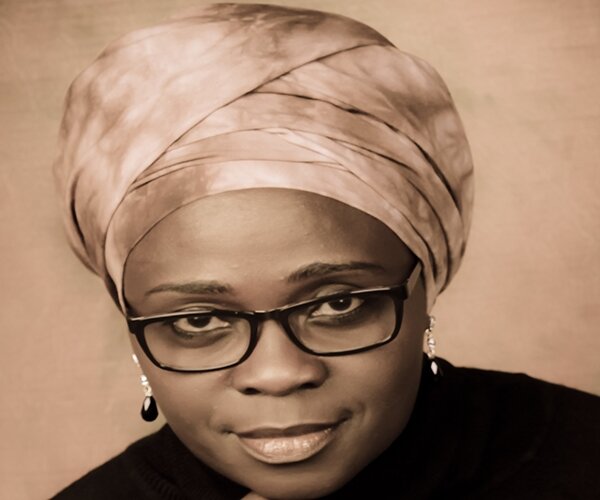Dr. Jennifer Nansubuga Makumbi is the proud winner of one of the Windham Campbell Prizes from Yale University, USA. The Author of the novel Kintu would bag $165,000- a tidy sum in the field of literature save for the Nobel Peace Prize. Published in 2014, the novel has steadily defied the odds to become a sort after literary masterpiece. It is this jewel that placed the windfall in the author’s coffers.
Kintu is Makumbi’s debut novel which was published by Kwani?- a Kenyan publishing firm-in the same year, the writer won the Commonwealth Short Story Prize for her short story Let’s Tell This Story Properly. The book was published after winning the 2013 Kwani Manuscript Project Award. Though first sent to British publishers, the book like the story therein, had to start its steps from East Africa after European publishers rejected it for being ‘too African’ However, the British publishers would later change their attitude and had the book released in UK this January.
Makumbi’s book steers away from colonial Uganda as it unravels the story of a family riddled with a-250-year curse that threatens to tear them apart. Like Margaret Ogolla in the River and the Source, Makumbi builds a genealogy riddled with skeletons of tradition, myth and legends which the outside world view as primitive notwithstanding the 17th century witches in Europe who make up for good fiction including J.K Rawling Harry Porter and Shakespeare’s Macbeth.
Kintu has been described as a multi-generational epic-an East Africa’s Things Fall Apart, if you will. Though contemporary for the story begins in modern day Uganda, 2004 to be precise, the story throws the reader to the 18th century dynastic Uganda. the character Kintu, whose ‘sins’ are felt in the 21st century through the mob killing of one of his relation-mistaken for a thief- was a Ppookino (governor). On one of his voyages to the capital to pay homage to the Kabaka, Kintu accidentally kills one of his sons- actually a child of his subject who had been entrusted to Kintu. In coming back from his pilgrimage from the royal family, Kintu lies about the incident proclaiming that the son had been left in the capital. The father smells a rat, and issues a generational curse which reverberates into the 21st century. Now the relatives of Kintu have to go back in history to break the curse- a generational journey that steers away from British colonial disruption.
The book is a compellingly good read laced with humour and playfully coats a different shade of Ugandan history as brought out by the characters. The author too, does not bore the reader with intricate factual information that would render the book too philosophical. She rather methodically narrates a story woven with mystery, suspense a thrill, dicing it with history and shaping out an impressive history of Uganda away from, colonialism and Idi Amin clichés. Avoiding the big two left a ‘hole’ in Makumbi’s story that the British publishers pegged their reasoning therefore not publishing it, but thanks to Kwani? The book has become a behemoth sweeping the literary world and slowly becoming a world bestseller. The book has so far been published by Transit (USA) in 2017 and Oneworld (UK) this year.
The PhD holder from Lancaster University who has been teaching Creative Writing and English at various universities in Britain, previously won the regional and overall winner of the 2014 Commonwealth Short Story Prize for her short story Lets Tell This Story Properly. Her short Story collection dubbed Love Made in Manchester will be published in 2019 by Transit and while she awaits her Windham Campbell Award, which takes place at the International Literary Festival at Yale in September 12th-14th, Makumbi is completing her second novel The Women made possible by the 2015 Art Council Research Grant.
The novelist currently lives in Manchester, England.
The Windham Campbell Prize was established in 2013 as a gift from the Late Donald Windham in memory of his lifelong partner Sandy M. Campbell. The Prize recognizes writers in Fiction, Nonfiction, drama and poetry with each winner carrying $165,000 making it among the most prestigious prizes in the world. Writers from all over the world are eligible to participate.
Former winners from Africa are Jonny Steinberg and Zoe Wicomb from South Africa (2013), Aminatta Forna from Sierra Leone (2014), Teju Cole and Helona Habila from Nigeria, and Ivan Vladislavic South Africa (2015)
|Afroway
Tweet: @afrowayonline, @MusunguW,





